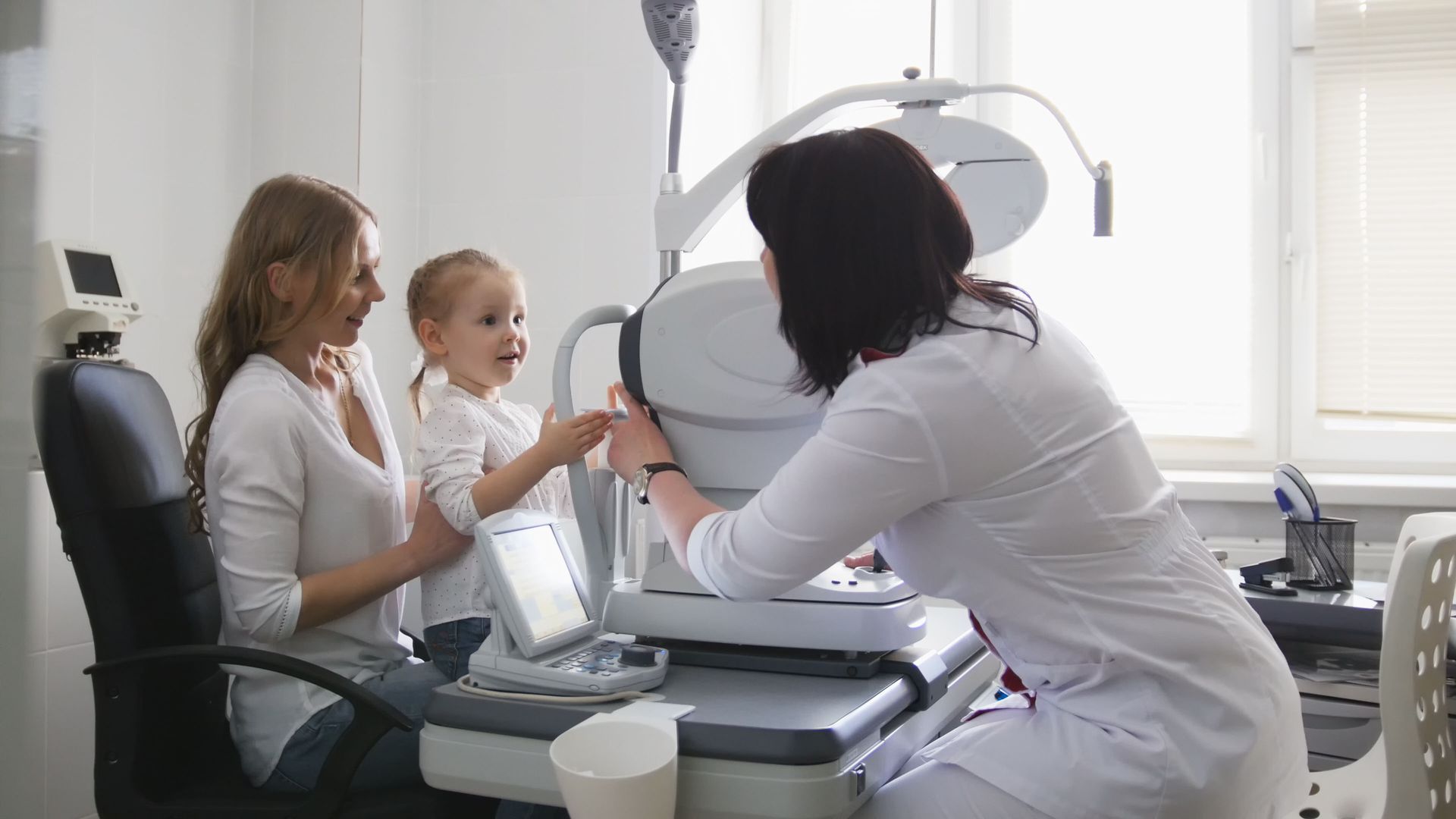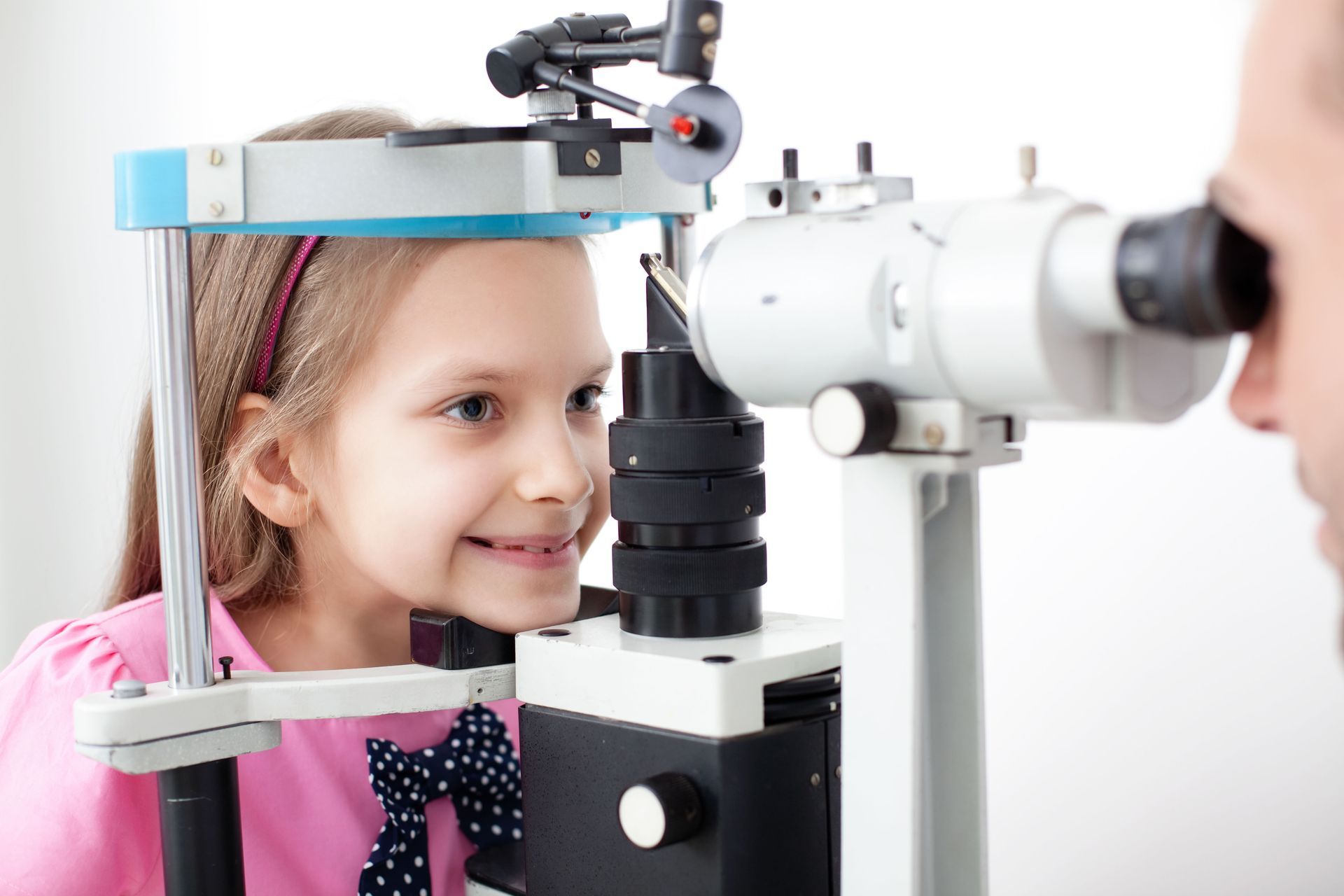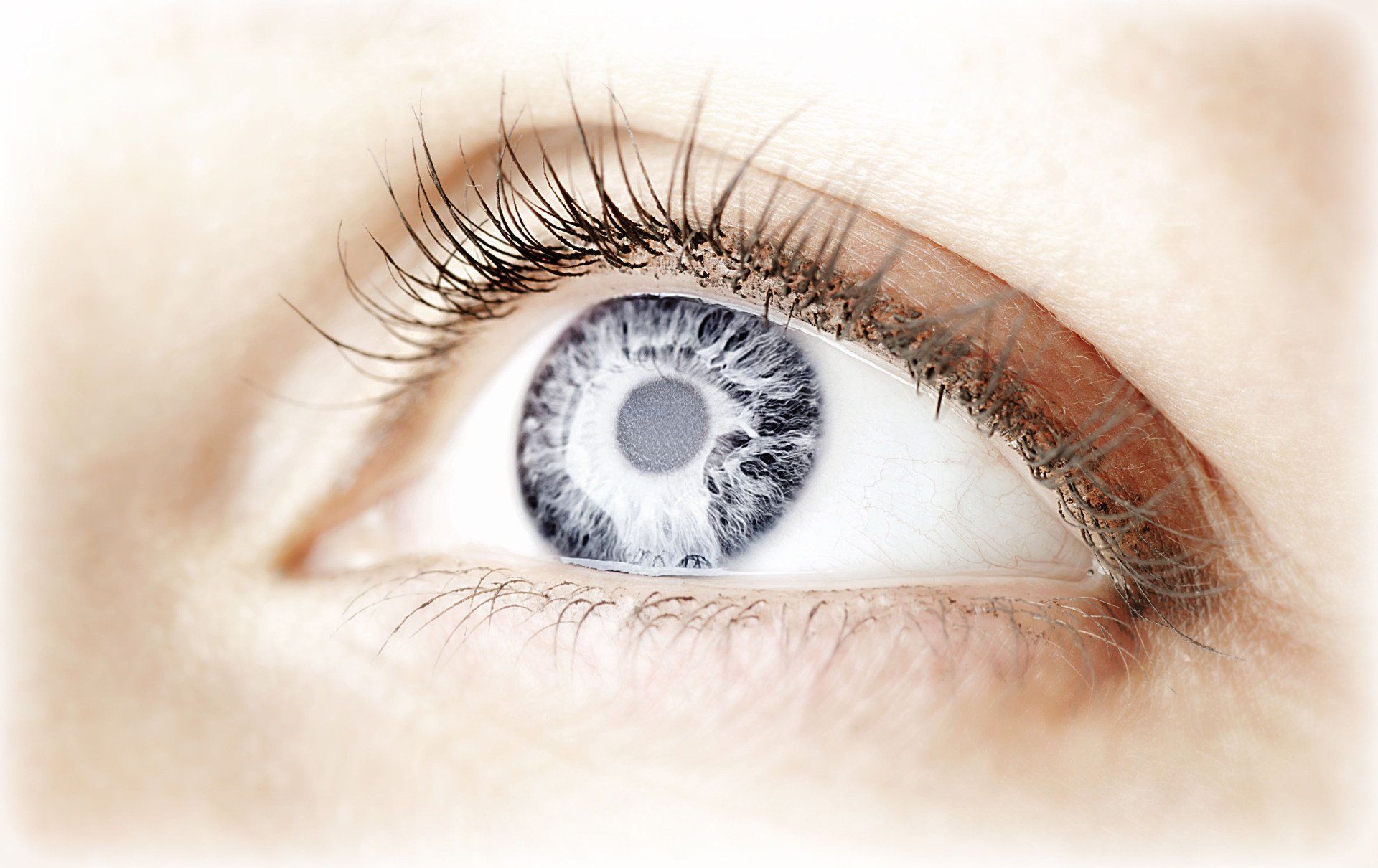How Head Trauma Can Affect Vision
Head trauma is a serious and often life-altering injury that can result from various accidents, falls, or sports-related incidents. While the immediate consequences of head injuries are well-known, such as concussions or brain damage, the long-term effects on vision are often overlooked. According to the CDC, it's estimated that in the United States, 12 million people 40 or over have vision impairment or vision disorders, with one million being blind, and an estimated eight million who have impairment due to refractive errors that are not corrected. Here are a few of the ways that head trauma can affect your vision.
Visual Field Deficits
One of the most common visual consequences of head trauma is visual field deficits. The visual field is the entire area that we can see without moving our eyes. A head injury can damage specific areas of the brain responsible for processing visual information, leading to blind spots or reduced peripheral vision. This can impair a person's ability to navigate their surroundings, drive safely, or even recognize faces. To learn more about how significantly your vision may have been affected, schedule an evaluation with a medical professional as soon as possible.
Double Vision and Eye Teaming Problems
Head trauma can also affect the coordination between the eyes, leading to vision disorders that include double vision, also known as diplopia, or eye teaming problems known as strabismus. The brain relies on precise communication between the two eyes to create a single, coherent image. Damage to the brain can disrupt this process, causing the eyes to point in different directions and resulting in double vision. Such visual disturbances can significantly impact a person's daily activities and may require specialized vision therapy for rehabilitation. If you or a loved one are suffering from issues such as these, schedule an appointment with a local eye care facility that offers vision therapy appointments.
Visual Processing Difficulties
Visual processing involves the brain's ability to interpret and make sense of the visual information received from the eyes. Head trauma can disrupt these complex processes, making it challenging to recognize objects, read, or comprehend visual stimuli. Patients may experience difficulties with visual memory, visual-motor integration, and visual attention, affecting their academic or professional performance. Schedule an appointment at a vision center that guarantees one-on-one care so you can get the attentive care you need.
Head trauma's impact on vision cannot be understated. From visual field deficits and eye teaming problems to visual processing difficulties and light sensitivity, the consequences can be far-reaching. If you or someone you know has experienced head trauma, it's crucial to seek immediate medical attention and consider consulting a vision specialist. If you've sustained head trauma that has affected your vision, contact Vision and Learning Center today!











Share On: